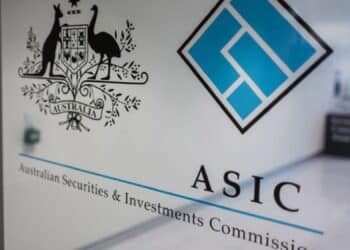Just days ahead of the tabling of a Parliamentary Committee report recommending the establishment of an independent education council, the Financial Planning Association (FPA) offered to "gift" the Financial Planning Education Council (FPEC) it established in 2012 to the broader financial services industry.
The FPA revealed its move in a late supplementary submission to the Parliamentary Joint committee on Corporations and Financial Services within which the FPA chief executive, Mark Rantall reinforced that such a move would represent a "gift" to the broader industry.
The FPA's move then appeared to be fully reflected in the Parliamentary Committee's report which recommended that "the professional associations establish an independent Financial Professionals Education Council that is controlled and funded by professional associations which have been approved by the Professional Standards Councils (PSC)".
The committee also recommended that the body be comprised of a representative from each professional association, an agreed number of academics, at least one consumer advocate and preferably two who represent different sectors and an ethicist.
The committee also recommended that the body receive advice from ASIC.
In its late supplementary submission to the committee, the FPA pointed out that it had established FPEC in 2012 as an independent body to bring together academics and financial planning professionals to define a financial planning curriculum for degree qualifications and to raise the standard of financial planning education.
"The membership of FPEC is currently composed of volunteer experts who have given their time and expertise to develop the FPEC Australian Higher Education Curriculum and Accreditation Framework in Financial Planning, and approve universities and programs," it said.
"Should the FPEC be formally requested to take on the role of approving education programs against the new minimum standards, the FPA suggests the membership of FPEC be expanded to include independent representatives as well as recognised professional bodies," the FPA submission said.





